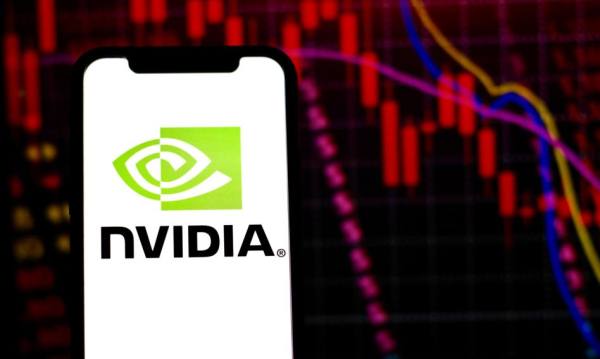NVIDIA and AMD will pay the federal government 15% of revenue from exports of chips used to build AI systems to China, the Financial Times and other media reported on Sunday. The New York Times called the arrangement “highly unorthodox.”

As reported by the British newspaper, two companies have agreed to pay the state 15% of revenue from chip sales to China in exchange for export licenses. The chips in question are NVIDIA’s H20 and MI308. These are advanced chips used to build AI systems, but they are not among the companies’ most advanced products.
The agreement represents a shift in policy by the Trump administration, which initially banned H20 exports to China, citing national security concerns. After negotiations with China, the administration announced it would allow chip exports but has not yet issued any export licenses. The breakthrough allegedly occurred after a Wednesday meeting between President Donald Trump and NVIDIA CEO Jensen Huang. Huang reportedly told Trump that export controls only handed the Chinese market to Chinese companies. Trump agreed to issue the licenses, but only if the companies paid the government 15% of their export revenues.
Advertisement See also: Take part in our stock market multi-thlon! Disciplines: sprint for stocks, dive into ETFs, and push your wallet for the prize.
According to the New York Times, the deal could bring the budget around $2 billion.
The unusual arrangement sparked controversy and criticism from some experts. Back in July, a group of experts, including Trump’s former deputy national security adviser, Matt Pottinger, wrote to the president warning him that authorizing the export of AI chips was “a strategic mistake that threatens the United States’ economic and military advantage in artificial intelligence.”

Another former Trump adviser, Liza Tobin, who also served on the National Security Council in the Biden administration, said the agreement with NVIDIA and AMD was an “own-goal” that would only encourage China to press for further concessions.
“We are selling out national security for corporate profits,” Tobin said.
From Washington, Oskar Górzyński (PAP)
osk/ um/